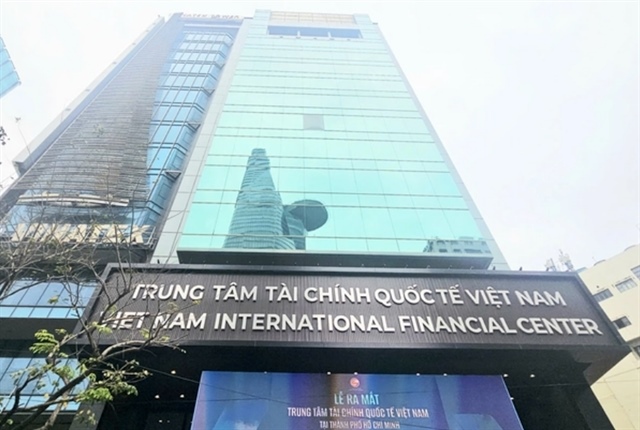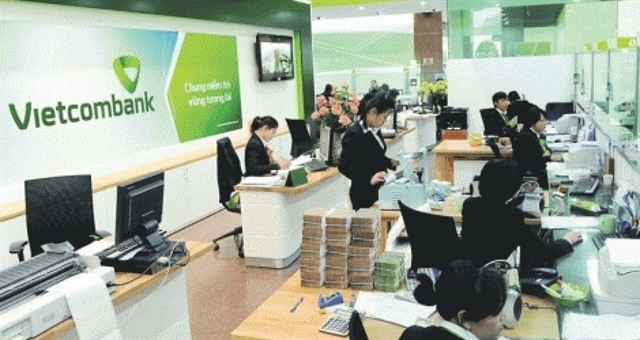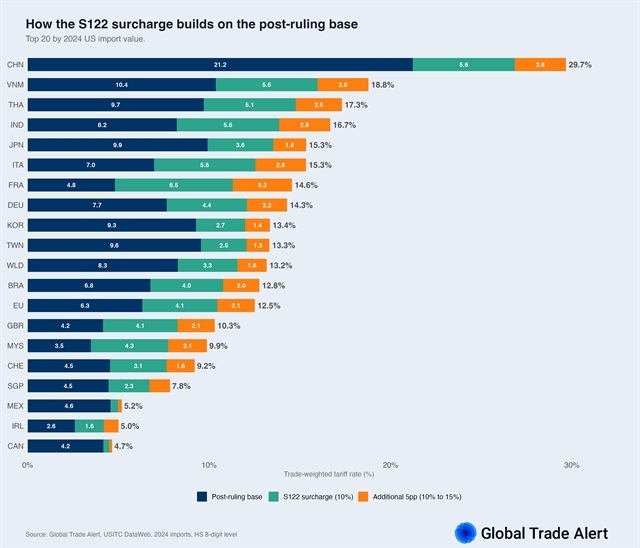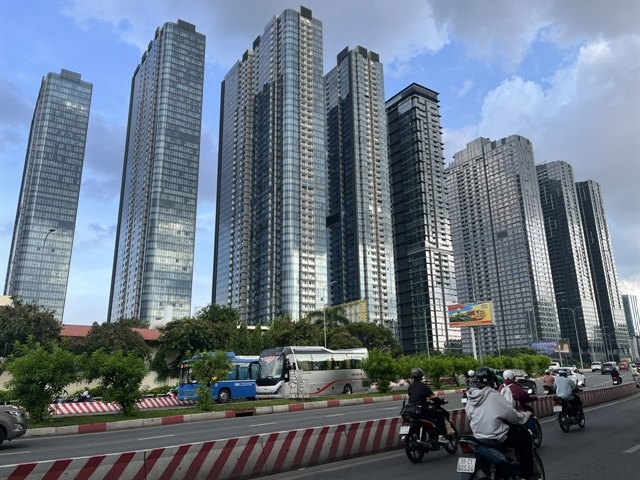Dong interest rate bottoms, cash flow heads towards stock market
Dong interest rate bottoms, cash flow heads towards stock market
The dong interest rate has sunk to the bottom, but this has not brought high hopes to businesses. Meanwhile, experts believe the cash would run into the stock market and other more attractive investment channels.

Stock market awaits cash flow
The State Bank of Vietnam has recently said it would be very cautious when considering lowering the ceiling deposit interest rate further, because the August inflation far exceeded the forecast level – at minus 0.15-1.2 percent. If the interest rate is eased once more, depositors would not make profits with their deposits.
In theory, the low bank deposit interest rate would pave the way for the capital to flow to other investment channels, such as stocks, gold, real estate and bonds.
Of these, the stock market is believed to be the most wanted destination for the capital flow, because Vietnamese stocks have become surprisingly cheap. Besides, the stock market has been backed by the information about the profuse foreign currency reserves, which would be an advantage to attract foreign portfolio investment.
The profuse foreign currency supply has been explained by the low demand for imports, which has led to the significant decrease of the trade gap in recent months. Especially, in July, Vietnam saw trade surplus since it exported more than imported.
According to the General Department of Customs, Vietnam’s excess of exports over imports has reached 88 million dollars in the last seven months.
Foreign currencies have also been flowing to Vietnam through other channels, including the foreign direct investment (FDI), foreign portfolio investment, kieu hoi (overseas remittance). The dong/dollar exchange rate has been stabilized at 20,850 dong per dollar.
Observers have commented that stabilizing the dong/dollar exchange rate and intervening the market when necessary are completely within the reach of the State Bank. This would help encourage foreign capital to flow to the stock market, thus helping the market recover soon.
Businesses still keep weighing
Some months ago, Governor of the State Bank of Vietnam Nguyen Van Binh stated that the prime interest rate would decrease by 1-2 percent further, which means that the input capital cost would be lowered to 7 percent, and the lending interest rate would be 10 percent.
The statement made businesses think that they would be able to borrow money at lower interest rates.
However, the higher-than-expected inflation rate seems to make the hope become unrealistic.
In fact, though commercial banks have been easing the lending interest rates step by step, but the disbursement has not increased significantly. Those businesses, which want to borrow money now, cannot satisfy the requirements set by the banks. Meanwhile, those, eligible for borrowing, do not intend to ask for loans at this moment, because they want lower interest rates and they decide to keep waiting.
Vo QuocThang, Chair of Dong Tam Group, said though the lending interest rates have eased to 12-15 percent per annum, the rates remain too high to encourage businesses to borrow money to push up production in the context of the low purchasing power.
Thang said that the current sky high interest rates would pave the way for foreign enterprises or foreign individuals to make deposits at Vietnamese banks to enjoy high profits. Meanwhile, the expensive capital cost would kill businesses’ production plans.
Businesses have expressed their disappointment when hearing that the interest rate may not ease further. They say only when the interest rate is lowered to 10 percent per annum, would they be able to expand business.
vietnamnet


























